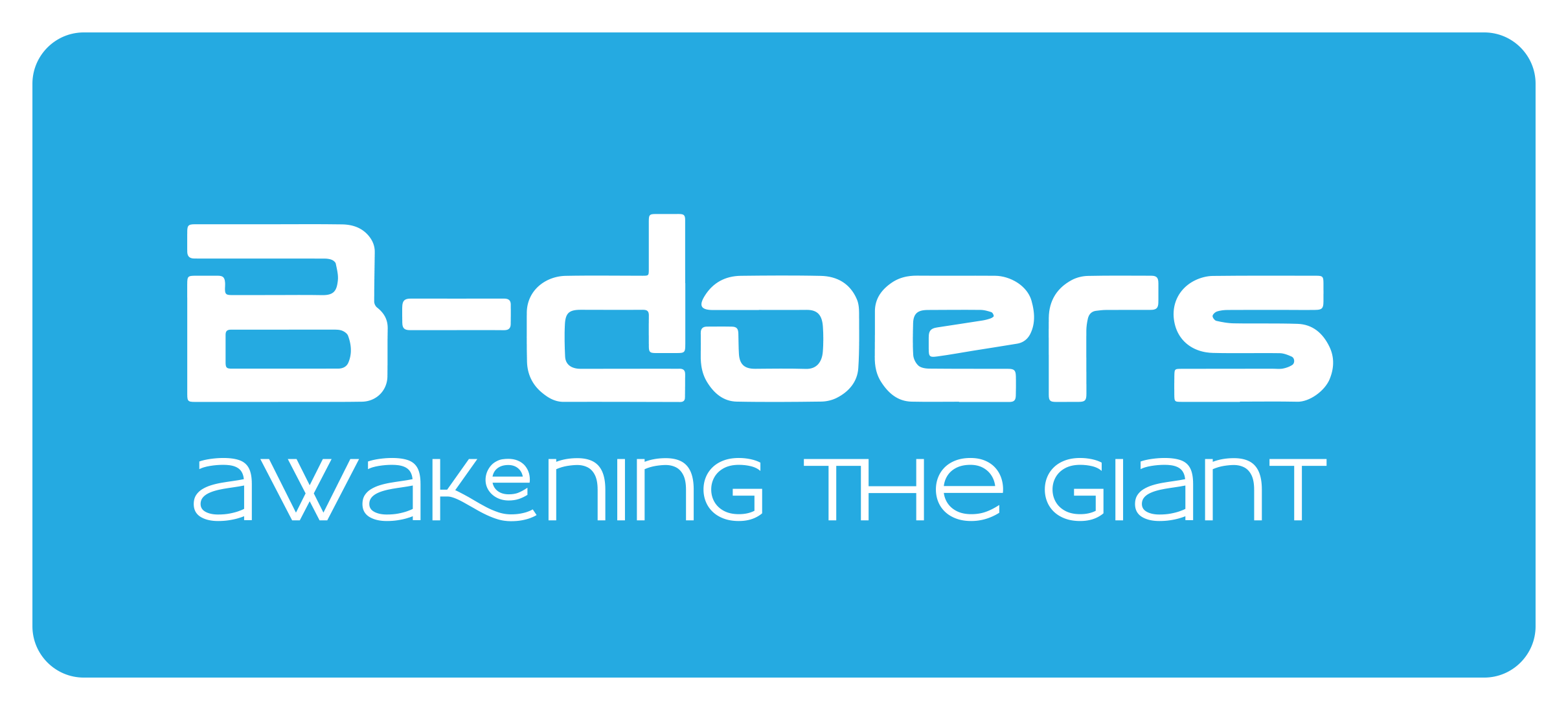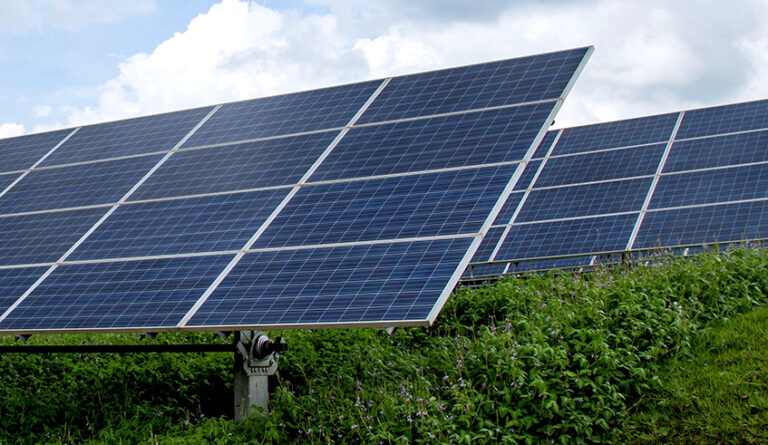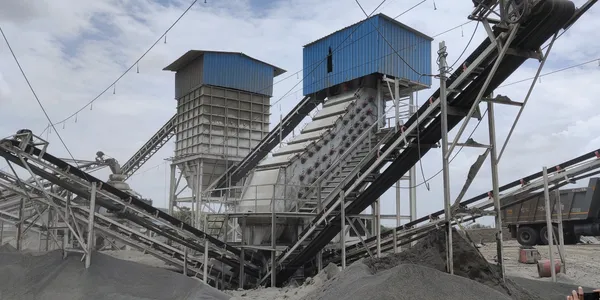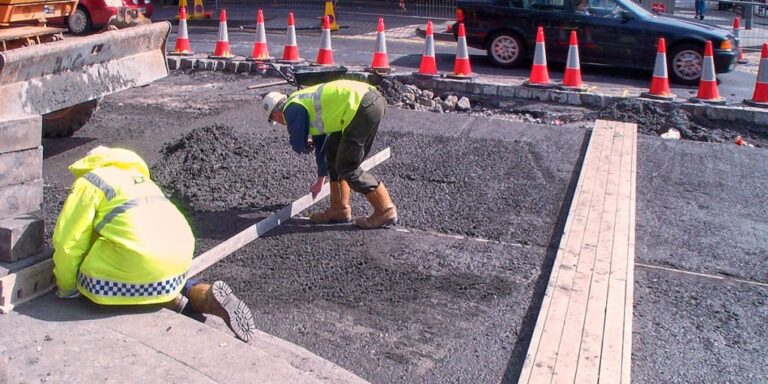Gypsum plaster board manufacturing
Gypsum plaster boards are used in false ceilings, light partition walls, etc., for better appearance & thermal insulation properties. With the rapid increase in real estate business and housing activities, the demand for gypsum boards has increased. It is still popular as a low-cost substitute for plywood, hardboard, and wooden panel boards, all of which cause depletion of forest resources. Gypsum plasterboard manufacturing is a profitable investment opportunity for new entrepreneurs.
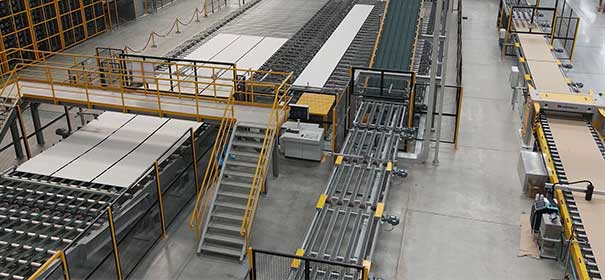
Gypsum building materials are used in all construction types (residential, non-residential, new or refurbished), ranging from complex high-tech systems to easy to install products adapted for use by the general public. The use of gypsum is increased in this time. Invest in this area is good idea that can allow you to gain money and to provide work for other people in the location of your company.
Executive Summary:
Our company, [Company Name], will manufacture and sell high-quality gypsum plaster boards in [Location]. We will produce a range of sizes and types of plaster boards that will be suitable for various construction projects. Our goal is to become a leading manufacturer in the industry and generate a significant return on investment for our shareholders.
Market Analysis:
There is a high demand for gypsum plaster boards in the construction industry due to their many benefits, including fire resistance, durability, and ease of installation. The market for gypsum plaster boards is expected to continue growing in the coming years, driven by increased construction activity in both commercial and residential sectors. Our target customers will include contractors, builders, and wholesalers.
Product and Services:
Our company will produce high-quality gypsum plaster boards of various sizes and types to cater to different construction needs. Our products will include standard plaster boards, moisture-resistant plaster boards, fire-resistant plaster boards, and soundproof plaster boards. We will use modern production equipment and processes to ensure consistency and quality.
Marketing and Sales:
We will initially focus on building a strong local presence through targeted marketing and networking with potential customers. We will leverage digital marketing channels such as social media and email marketing to reach a broader audience. Additionally, we will build relationships with wholesalers and distributors to increase our reach.
Operations:
Our manufacturing facility will be located in a strategic location that is easily accessible to transportation and raw materials. We will employ trained professionals to operate our production equipment and ensure quality control. We will also establish partnerships with reliable suppliers of gypsum and other raw materials needed for production.
Financial Projections:
Our financial projections are based on conservative estimates of sales and operating costs. We expect to achieve profitability in our second year of operation and generate a return on investment for our shareholders by our fifth year of operation. We will reinvest profits into expanding our product range and increasing production capacity to meet growing demand.
Conclusion:
Our gypsum plaster board manufacturing business has a strong potential for success due to the increasing demand for gypsum plaster boards in the construction industry. We have a solid business plan that takes into account the market conditions and industry trends. With a focus on quality and customer satisfaction, we are confident in our ability to become a leading manufacturer in the industry.
Here is a projected income statement for the gypsum plaster board manufacturing business over the next three years. Please note that these figures are hypothetical and are subject to change based on actual market conditions and operational performance.
| Year 1 | Year 2 | Year 3 | |
| Revenue | $2,000,000 | $4,000,000 | $6,000,000 |
| Cost of goods sold | $1,200,000 | $2,400,000 | $3,600,000 |
| Gross profit | $800,000 | $1,600,000 | $2,400,000 |
| Operating expenses | $600,000 | $800,000 | $1,000,000 |
| EBITDA | $200,000 | $800,000 | $1,400,000 |
| Depreciation and amortization | $80,000 | $120,000 | $160,000 |
| EBIT | $120,000 | $680,000 | $1,240,000 |
| Interest expense | $40,000 | $35,000 | $30,000 |
| EBT | $80,000 | $645,000 | $1,210,000 |
| Income tax expense | $16,000 | $129,000 | $242,000 |
| Net income | $64,000 | $516,000 | $968,000 |
In the above table, “EBITDA” stands for Earnings Before Interest, Taxes, Depreciation, and Amortization, while “EBIT” stands for Earnings Before Interest and Taxes. “EBT” stands for Earnings Before Taxes. The figures are in US dollars.
